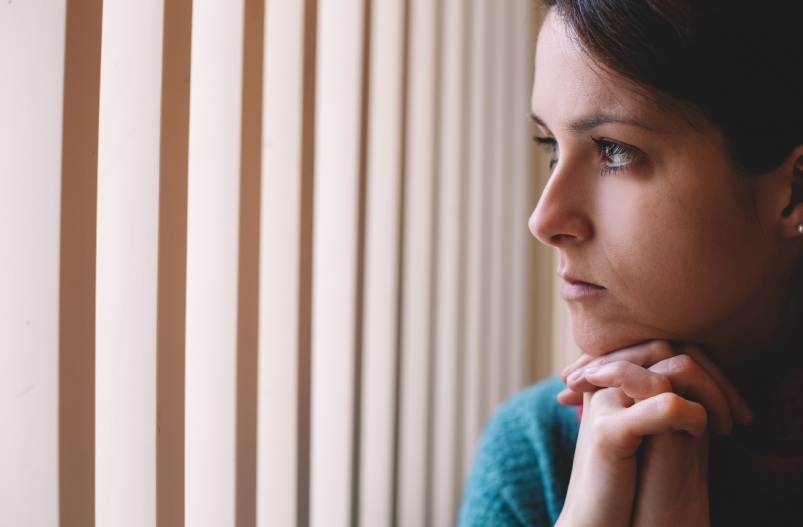Depression: Let's Talk

One in eight women will suffer from depression in her lifetime. Depression can affect how you feel, think, and experience life, and can really impact your day-to-day mood and health. The World Health Organization is working to raise awareness about depression on World Health Day—April 7, 2017—and we're joining in because women are particularly vulnerable.
Why women?
Women are twice as likely to experience depression as men due to life experiences that are unique to them, including the following:
Social stress
Women face more chronic stressors from external society, including sexism, economic disparity, overwhelming responsibilities as a caregiver for their families, and issues with body image.
Hormone shifts
Reproductive life cycle events make women more vulnerable to depression. Adolescence, pregnancy, post-partum and menopause all cause hormones to shift and fluctuate, increasing a woman's risk of depression.
Trauma
"Women are more likely to experience trauma, such as sexual, verbal or emotional abuse," says Teni Davoudian, Ph.D., clinical psychologist at the OHSU Center for Women's Health.
Women experience depression differently
Women may be more likely to blame themselves for their depression and may also struggle with setting boundaries and making healthy changes to their relationships.
"As women work to gain more power and engage in more self-care, they sometimes worry about how this will impact their relationships," Davoudian says. "Never let this stop you from making changes. Your best support is those who help you make healthy choices."
Barriers to treatment
While the good news is that women are more likely to seek treatment for depression than men, there are still several barriers that keep some women from working through their depression.
More than half of women view depression at some life stages as unworthy of treatment. Post-partum depression is one example.
"Post-partum depression is common, but also very treatable," says Davoudian. "Additionally, even mild depression can be reduced with treatment. You don't have to have severe symptoms to seek help."
Another common barrier is shame. Women often feel the need to hide their suffering.
"Depression is a medical condition and it's not something you choose for yourself," says Dr. Davoudian. "Genetics, family history and hormonal shifts all play a major role in depression."
Coping with depression
In addition to therapy and medical treatment, there are several coping strategies Dr. Davoudian recommends.
- Exercise more. This can help reduce chemical imbalances and produces endorphins.
- Enlist support and avoid social isolation. Face-to-face communication with people you trust is key.
- Get more sleep. This spring, Dr. Davoudian is offering group cognitive behavioral therapy for insomnia to Center for Women's Health patients.
- Cut back on substance use. Using alcohol or marijuana may take your mind off depression short-term, but both can cause depression to worsen over time.
- Try a relaxation technique. Meditation, yoga, massage, and breathing exercises are all good options.
How can OHSU help?
At the OHSU Center for Women's Health, we have a Mental Health and Wellness division focused on women. Dr. Davoudian works alongside Nicole Cirino, M.D., a reproductive psychiatrist and director of the division, and Anna Anderson, R.N., a psychiatric mental health nurse practitioner. All three specialize in women's health issues and together they provide both medication and therapy for patients.
More resources
Center for Women's Mental Health at MGH
National Institute of Mental Health
National Suicide Prevention Lifeline: 1-800-273-TALK (8255)